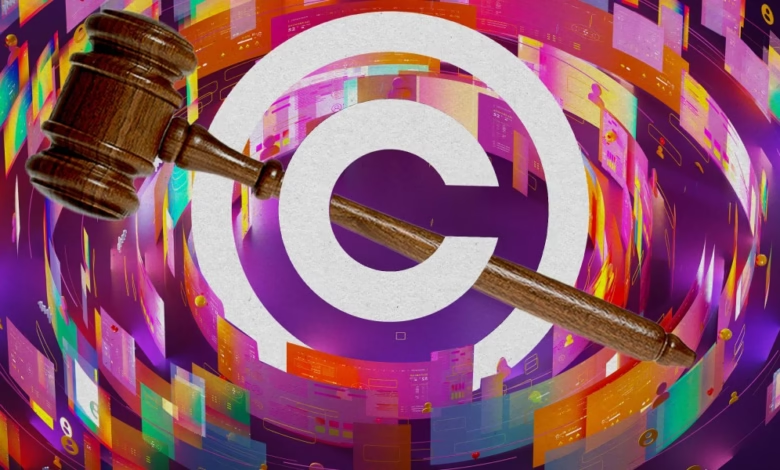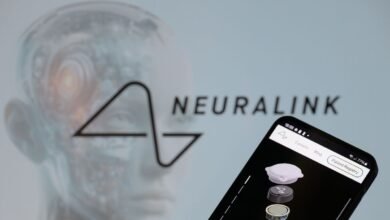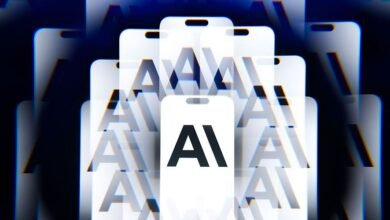AI Copyright Lawsuits: What’s Next in Legal Battles?

▼ Summary
– Anthropic and Meta won significant court cases regarding copyright violations in AI training.
– The cases focused on whether using copyrighted books to train AI models required permission.
– Both companies were accused of training their large language models on copyrighted material.
– The court rulings favored the tech firms, setting potential legal precedents.
– The outcomes may influence future copyright disputes involving AI development.
The legal landscape surrounding AI and copyright is shifting rapidly as courts grapple with complex questions about intellectual property in the age of machine learning. Recent rulings involving major tech companies have set important precedents, though the broader implications remain uncertain.
Two high-profile cases concluded last week with victories for Anthropic and Meta, marking significant milestones in ongoing debates about AI model training. Judges dismissed claims that these companies infringed copyright by using published books to develop their language models. While the outcomes favored the tech firms, the decisions leave room for future challenges as lawmakers and courts continue refining interpretations of fair use in AI development.
Legal experts note these rulings don’t provide blanket immunity for AI companies. The courts focused narrowly on whether the plaintiffs sufficiently demonstrated harm, rather than making sweeping judgments about the legality of training data practices. This leaves the door open for revised arguments or new lawsuits with stronger evidence of damages. Some legal scholars predict future cases may hinge on proving financial losses tied to specific copyrighted works, rather than broad allegations of infringement.
Content creators and publishers remain divided. Advocacy groups argue that AI systems benefit from copyrighted material without compensating original authors, while tech companies maintain that their use falls under fair use doctrines. The tension between innovation and intellectual property rights shows no signs of easing, with both sides preparing for prolonged legal battles.
As litigation evolves, regulators worldwide are also scrutinizing AI development practices. The U.S. Copyright Office has launched an initiative to study how existing laws apply to generative AI, while the EU’s AI Act includes provisions addressing data transparency. These efforts could eventually shape new legislation, adding another layer to an already complex legal environment.
For now, the recent rulings offer temporary clarity but underscore the need for updated frameworks. Stakeholders across industries will be watching closely as courts, lawmakers, and tech leaders navigate uncharted territory in copyright law.
(Source: Technology Review)





